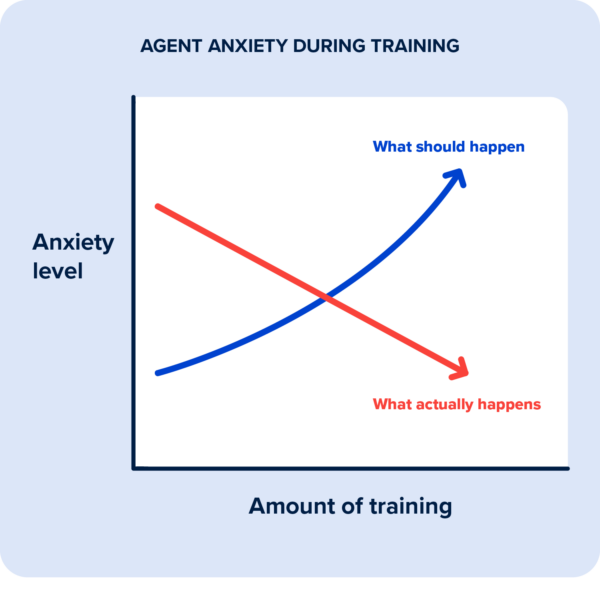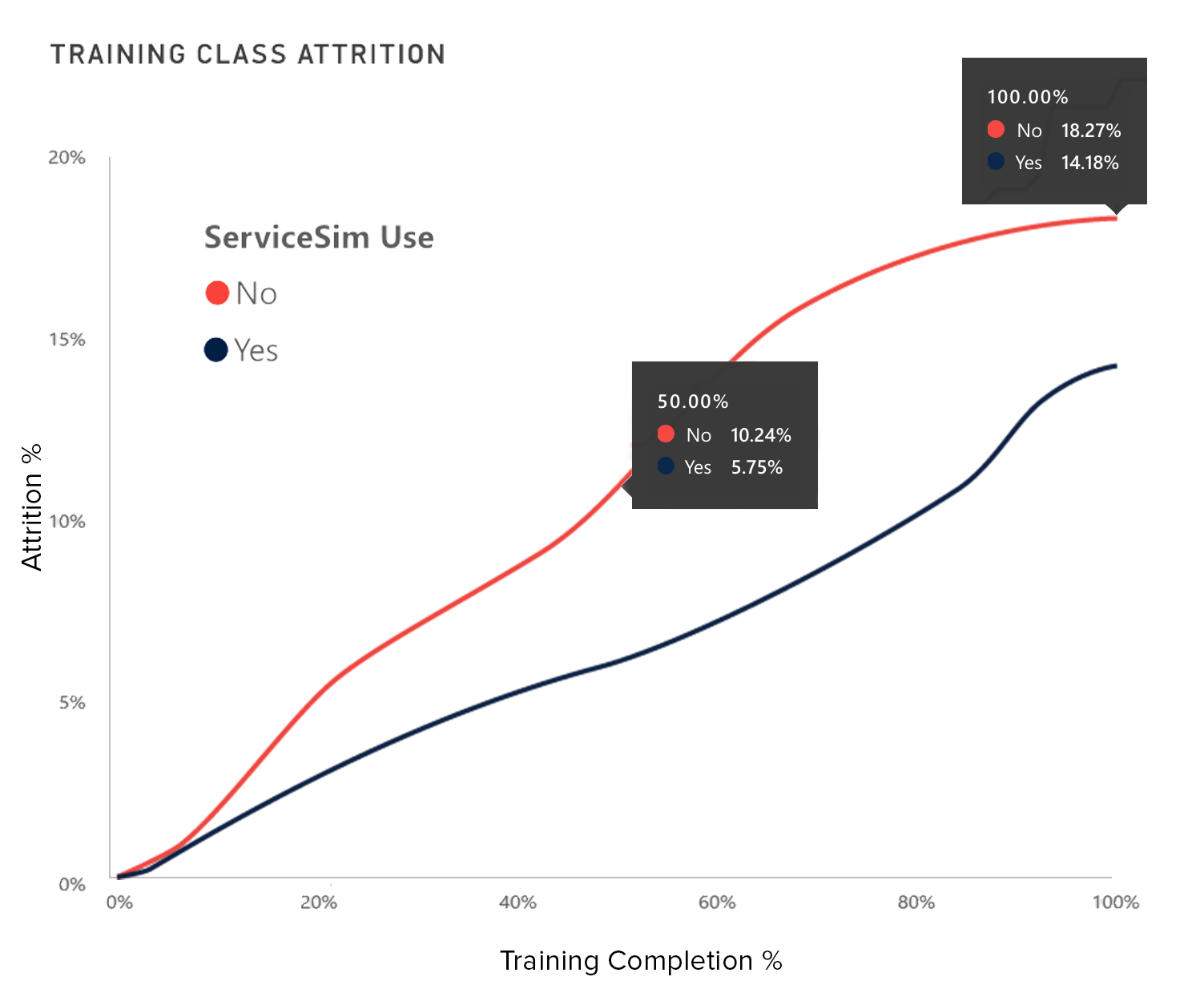When we look at the world’s top athletes, it’s clear that talent alone doesn’t make them great. It takes years of dedicated practice, refining techniques, and learning from mistakes to reach the pinnacle of their fields. Similarly, theoretical classroom learning and innate talent can only take your agents so far. The real transformation in training happens when they step out of the classroom and start applying what they’ve learned through consistent, intentional practice.
Talent and Classroom Learning: The Starting Point
Talent is undoubtedly a valuable asset. It provides a solid foundation upon which skills can be built. Similarly, classroom learning offers essential theoretical knowledge and introduces agents to the tools and techniques they’ll need. However, without practical application, this knowledge remains abstract and untapped potential.
Consider the example of a professional athlete. No matter how talented they are, they spend countless hours practicing. They train their bodies to respond instinctively under pressure, refine their techniques, and simulate game scenarios. This is because practice bridges the gap between knowing and doing. The same concept applies to contact center agents. Theoretical knowledge provides the “what” and “why,” but practice delivers the “how.”
The Anxiety Paradox in Training
One of the surprising realities in agent training is that anxiety among trainees often increases as new agents learn more. These new agents, eager to succeed, frequently feel overwhelmed by the sheer volume of information they must absorb. This anxiety stems from the fear of the unknown – the uncertainty of how they’ll perform when they’re finally on the floor interacting with real customers.

This paradox occurs because traditional training methods focus heavily on theoretical learning, with insufficient emphasis on practical application. Agents are taught procedures, scripts, and systems, but they don’t get enough opportunities to put this knowledge into practice in a controlled, supportive environment. As a result, the amount they have to know increases, but their ability to apply that knowledge—and to be confident in their ability to apply it—diminishes.
The Power of Repetitive, Intentional Practice
To transform knowledge into skill, repetitive, intentional practice is essential. This involves more than just going through the motions; it requires focused, deliberate efforts to improve specific aspects of performance. In the contact center, this means creating opportunities for agents to repeatedly engage in real-life scenarios, receive feedback, and refine their approach.
Simulation and Role-Playing
Customer simulation and role-playing have long been part of a conact center trainer’s arsenal. By mimicking real customer interactions, agents can practice handling different types of calls, troubleshooting issues, and navigating difficult conversations. This hands-on experience allows them to apply theoretical knowledge in a practical setting, building both competence and confidence.
Role-playing sessions should be structured and varied to cover a wide range of scenarios. For example, an agent might practice resolving a billing dispute, handling a technical issue, or dealing with an irate customer. Each scenario should be followed by constructive feedback from trainers, focusing on what the agent did well and areas for improvement.
For more ways that role plays seem to be lacking, read our post on How to Do Role Plays that Totally Suck.
Technology-Enhanced Practice
Incorporating technology can significantly enhance practice opportunities for contact center agents. Tools such as interactive training modules, virtual reality (VR) simulations, and AI-driven coaching platforms provide immersive, realistic practice environments. These technologies offer several benefits:
- Realistic Simulations: VR and AI can create highly realistic customer interaction scenarios, allowing agents to practice in a safe, controlled environment.
- Immediate Feedback: AI-driven platforms can analyze interactions in real-time, providing instant feedback and suggesting improvements.
- Scalability: Technology-based training can be scaled to accommodate large numbers of agents, ensuring consistent training quality across the organization.
Talent and theoretical knowledge are important, but they are not enough to achieve excellence in the contact center industry. The secret to boosting agent performance lies in repetitive, intentional practice. By providing ample opportunities for agents to apply their knowledge, receive feedback, and refine their skills, contact centers can transform anxious trainees into confident, competent professionals.

